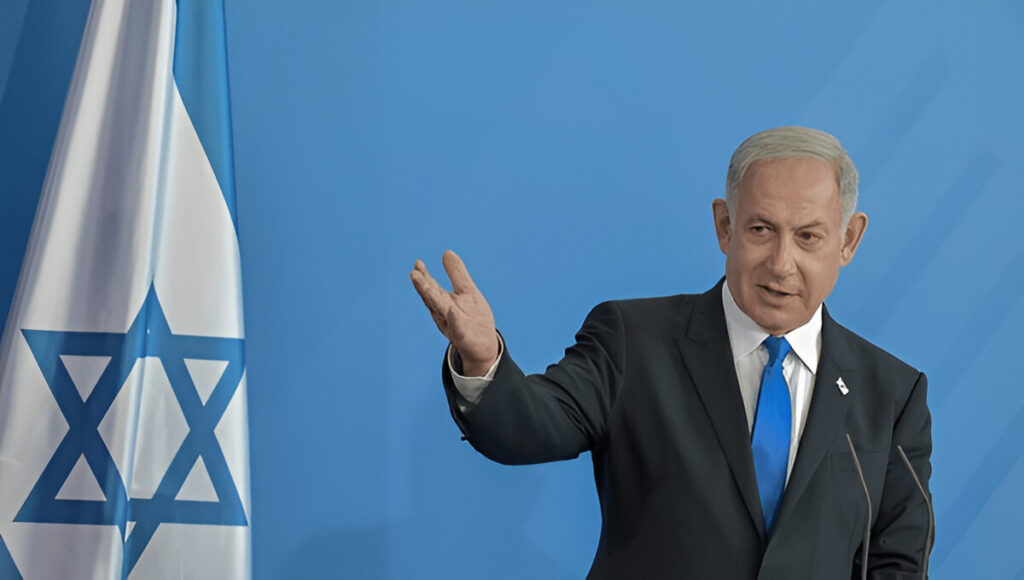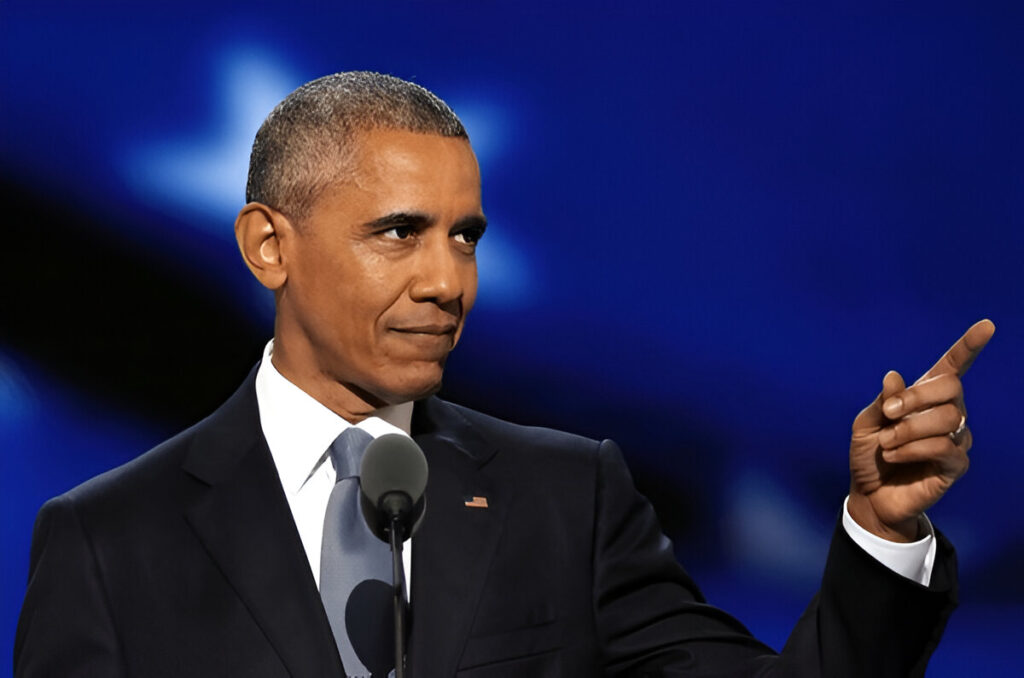India has been a significant destination for politician throughout its history, drawing diplomats, scholars, and heads of state who have contributed to its rich tapestry of international relations. While “fame” can be subjective and vary across different historical periods, here are 5 highly famous foreign leaders who have visited India, chosen for their historical impact, widespread recognition, or the significance of their visits:
1. Vladimir Putin (President of Russia)

Vladimir Putin is widely foregin politician famous in india due to the enduring “Special and Privileged Strategic Partnership” between India and Russia. This deep bond, rooted in India’s post-independence history, encompasses critical areas.
Pew Research Centre (2023): A survey found that a majority of Indians (59%) expressed confidence in Vladimir Putin, and 57% had a favorable opinion of Russia. India was noted as the only country among 24 surveyed where a majority viewed Russia favorably and had confidence in Putin, particularly amid negative global sentiment following the Ukraine war.
Key reasons for his prominence include:
Long-Standing Strategic Partnership: India and Russia have maintained consistently strong ties since 1947, making Russia a crucial ally across various sectors.
Defense Cooperation: Russia remains India’s largest and most reliable supplier of military equipment and technology, vital for India’s national security.
Energy and Nuclear Cooperation: Significant collaboration exists in the energy sector, exemplified by Russia’s role in the Kudankulam Nuclear Power Plant.
Diplomatic Support: Historically, Russia (and the Soviet Union) has provided vital diplomatic backing to India on international forums, notably during the 1971 India-Pakistan war.
High-Level Engagement: Annual summits, initiated by Putin in 2000, ensure continuous dialogue and cooperation.
“Special and Privileged Strategic Partnership”: This designation, elevated in 2010, highlights the unique depth of their bilateral ties.
Support for “Make in India”: Putin has backed India’s “Make in India” initiative, encouraging Russian manufacturing in India.
Cultural Connect: A historical and cultural affinity, including the popularity of Indian cinema in Russia and Russian literature in India, further strengthens their bond
2. Donald Trump (President of USA)

Surveys conducted in early 2025 indicate a notable level of confidence and positive perception towards Donald Trump is the one offoregin politician famous in india .
Here’s a breakdown of the available information:
High Confidence Levels: A Pew Research Center survey from June 2025 found that 52% of Indians expressed a lot or some confidence in Donald Trump to do the right thing regarding world affairs. This places India among the countries with the highest confidence in Trump, alongside Nigeria, Israel, Kenya, and Hungary.
Optimism for India-US Relations: An ECFR (European Council on Foreign Relations) survey published in January 2025 indicated that 84% of Indians believe Trump’s leadership would be beneficial for their country.
Alignment with Indian Leadership: Many Indians perceive Trump’s leadership style as compatible with Prime Minister Narendra Modi’s. Events like “Howdy, Modi!” and “Namaste Trump” during his previous term fostered a strong personal rapport that resonated with the Indian public.
Perceived Benefits for India: Indians often appreciate Trump’s emphasis on economic collaboration, his transactional approach to international relations (which aligns with India’s economic ambitions), and his recognition of India’s role in the Indo-Pacific region as a counter to China’s influence. His claims to swiftly resolve conflicts have also appealed to some who prioritize global stability for India’s growth.
Comparison to Biden: Some surveys among Indian Americans in early 2025 showed a mixed assessment, with more favorable views of the Biden administration’s handling of US-India ties, but still a significant portion of Indian-American Republicans favoring Trump. However, the broader polls within India suggest a generally more positive outlook on Trump.
In summary, a substantial portion of the Indian population holds a favorable view of Donald Trump, driven by a combination of his perceived compatibility with Indian leadership, the historical warmth in US-India relations, and a pragmatic assessment of how his policies might benefit India’s strategic and economic interests.
3. Benjamin Netanyahu (Prime Minister of Israel)

Gauging the precise popularity of Benjamin Netanyahu in India is challenging due to limited direct polling on his individual favorability. However, available survey data and the nature of India-Israel relations offer insights:
Mixed Views on Israel, Low Confidence in Netanyahu: A June 2025 Pew Research Center survey across 24 countries, including India, showed that views of Israel in India were “fairly divided” (34% favorable, 29% unfavorable). Crucially, the same survey indicated that no more than about a third of adults in any surveyed country (outside Kenya and Nigeria) expressed confidence in Netanyahu to handle world affairs correctly. This suggests that while India’s stance on Israel might be less overtly negative than many other nations, widespread personal confidence in Netanyahu is not a prominent feature.
Strategic Partnership Influences Perception: India and Israel share a robust and growing strategic partnership, particularly in defense, technology, agriculture, and counter-terrorism. This strong government-to-government bond, including high-profile visits and close rapport between Prime Minister Modi and Netanyahu, often translates into a generally pragmatic and sometimes favorable public view of Israel and its leadership, especially among those who prioritize national interests and security.
Ideological Alignment for Some: Within certain segments of the Indian population, particularly those aligned with the ruling Bharatiya Janata Party (BJP), there can be an ideological resonance with Israel, seeing both nations as confronting similar challenges. This can contribute to a more positive perception of Netanyahu.
Government Stance: India’s government has increasingly de-hyphenated its relationship with Israel from its traditional support for the Palestinian cause, focusing on strengthening bilateral ties. This official stance can influence public opinion, leading many to view the relationship, and by extension its key figures, in a positive light.
In summary, while there isn’t evidence of overwhelming personal popularity for Benjamin Netanyahu among the broader Indian population, the strong strategic and economic ties between India and Israel mean that views towards him are often shaped by this partnership, leading to a more nuanced or pragmatic acceptance compared to sentiments in many other global regions.
4. Giorgia Meoloni (Prime Minister of Italy)

Giorgia Meloni’s popularity in India is primarily driven by the strengthening strategic partnership between India and Italy, and notably, her rapport with Prime Minister Narendra Modi. While direct popularity polls for her specifically among the general Indian population are not widely available, several indicators suggest a positive perception.
Here’s a breakdown:
Strategic Partnership: India and Italy have significantly elevated their bilateral relationship, culminating in a “Strategic Partnership” in March 2023. This involves increased cooperation in defense, technology, trade, and the India-Middle East-Europe Economic Corridor (IMEEC). This pragmatic strengthening of ties generally fosters a favorable view of Italy and its leadership in India.
“Melodi” Hashtag and Social Media Chemistry: The personal camaraderie and frequent interactions between Giorgia Meloni and Prime Minister Modi have garnered considerable attention on social media, leading to the viral “Melodi” hashtag. This friendly dynamic between the leaders resonates positively with the Indian public and media, contributing to Meloni’s recognition. Prime Minister Modi himself has acknowledged being aware of the “Melodi memes.”
Shared Ideological Ground (for some): Meloni’s conservative and nationalist stance, and her critiques of a “liberal network” (as she mentioned at CPAC 2025 where she cited PM Modi), might resonate with certain segments of the Indian population, particularly those aligned with India’s ruling party’s ideology.
Global Approval Ratings: While not specific to India, global surveys by Morning Consult in early 2025 show Giorgia Meloni having an approval rating of 42%. While this is lower than PM Modi’s leading 75%, it places her within the top 10 globally among leaders surveyed. This general level of international recognition also contributes to her visibility in India.
Overall, her popularity in India is less about direct public adoration and more about the perceived benefits of the strengthening India-Italy relationship, her personal chemistry with PM Modi, and a shared conservative outlook that appeals to some.
Barak Obama (Ex-President of USA)

Barack Obama enjoys significant and enduring popularity in India, even years after leaving office. His popularity stems from a combination of factors:
Positive Image of the US under his Presidency: Indians generally held a very favorable view of the United States during Obama’s presidency. This positive perception of the country naturally extended to its leader.
Historic Visits and Personal Rapport: Obama made two significant visits to India as President (2010 and 2015), including being the first US President to be the Chief Guest at India’s Republic Day Parade in 2015. These high-profile visits, coupled with his personal warmth and respect for Indian culture (e.g., quoting Mahatma Gandhi, using Hindi phrases), created a strong positive impression. His chemistry with then-Prime Minister Manmohan Singh and later Prime Minister Narendra Modi was also widely noted.
Confidence in his Leadership: Surveys consistently showed a high level of confidence in Obama’s ability to do the right thing in world affairs among Indians during his tenure. For instance, a Pew Research Center survey in 2010 found 73% of Indians expressed confidence in him, and this remained high, with around three-in-four Indians expressing confidence in Obama in a 2015 Pew survey. An Ipsos poll in January 2017 (as he was leaving office) found that around nine in ten (roughly 90%) of Indians had a positive view of Obama’s time in office, placing India among the highest globally.
Shared Democratic Values: India, being the world’s largest democracy, often resonates with leaders who articulate democratic values and principles. Obama’s speeches and emphasis on shared democratic ideals resonated well with the Indian public.
Focus on Strategic Partnership: Under Obama, the India-US relationship was elevated to a “strategic partnership,” with significant progress in areas like civil nuclear cooperation, defense, and trade. This concrete progress in bilateral ties was appreciated.
Beyond the Presidency: Even after leaving office, Obama maintains a strong global appeal. His post-presidency activities and continued engagement in global issues likely contribute to his sustained recognition and positive image in India.
In summary, Barack Obama was exceptionally popular in India during his presidency, with approval ratings consistently high, and this positive sentiment has largely endured.
5. Sheikh Mohamed bin Zayed Al Nahyan (King of UAE)

When we talk about the “UAE King” in India, we are generally referring to Sheikh Mohamed bin Zayed Al Nahyan, who is the President of the United Arab Emirates and the Ruler of Abu Dhabi. His popularity in India is substantial and stems from the deeply rooted and rapidly expanding Comprehensive Strategic Partnership between India and the UAE.
Here’s why he is highly regarded in India:
Elevated Strategic Partnership: Under his leadership, the relationship between India and the UAE has been elevated to a comprehensive strategic partnership, signifying a wide range of cooperation from economic ties to defense and security. This is seen as crucial for India’s geopolitical and economic interests.
Key Driver of Economic Growth: The UAE is a vital trading partner and a significant source of investment for India. Sheikh Mohamed’s vision for the UAE’s economic diversification aligns with India’s growth ambitions, leading to concrete collaborations in areas like infrastructure, technology, and energy.
Strong Personal Rapport with PM Modi: The visible camaraderie and frequent high-level interactions between Sheikh Mohamed bin Zayed Al Nahyan and Indian Prime Minister Narendra Modi have been a hallmark of this deepening relationship. PM Modi has publicly stated that the UAE President has “won the hearts of 140 crore Indians,” especially following the inauguration of the BAPS Hindu temple in Abu Dhabi, which was a significant gesture towards the Indian community.
Support for Indian Diaspora: The UAE hosts the largest Indian diaspora globally, with millions of Indians living and working there. The positive environment and opportunities provided to this community are greatly appreciated in India.
Crucial Energy Security Partner: The UAE is a major and reliable supplier of crude oil to India, which is vital for India’s energy security.
Symbol of Modern Vision: Sheikh Mohamed is seen in India as a forward-thinking leader who has spearheaded the UAE’s impressive development and modernization. This vision resonates with India’s own aspirations for growth.
While direct poll numbers on his personal “likability” are not commonly available, the strong bilateral ties, the high-level diplomatic warmth, and the tangible benefits of the partnership ensure that Sheikh Mohamed bin Zayed Al Nahyan is a highly recognized and positively perceived leader in India.

